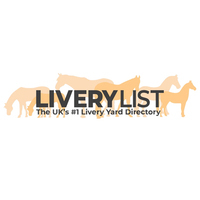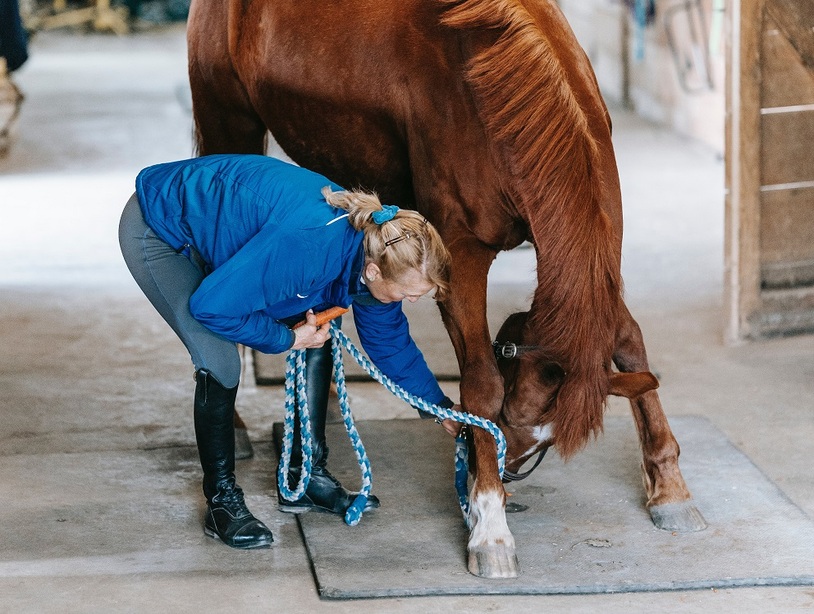There is also another training that would be recommended for yard owners or their staff to help ensure employees and clients on the yard safe. If you have children and vulnerable adults on the yard it is always advisable to take
safeguarding training such as provided by the BHS, British Equestrian or ABRS+. This gives appropriate training to do with any safeguarding matters and helps you understand risks, roles and responsibilities.
Both human and equine first-aid courses could also be advantageous, whether basic first aid, or a dedicated First Aid at Work course. It should be a standard practice of businesses to always have a qualified first-aider on site, and on a livery yard to have at least one person be trained in equine
specific first-aid can be ideal as well. There are various providers, both in person and online, that offer basic or advanced human first aid, or equine first aid courses.

Health and Safety training should also be a consideration for staff, to enable them to both work safely, and to help identify responsibilities when it comes to health and safety. There are also specific safety courses that may be useful on a yard such as understanding risk assessments and fire risks. Health and safety courses do not need to be equestrian specific and are readily available.
This does not need to be specific training courses but keeping up to date with recommended best practice for the livery industry, and knowing where to look can help you find the necessary tools and resources to improve your business, and even make your life easier!
There are frequent online webinars held in aspects of horse husbandry and yard management, covering all aspects by
LiveryList, Redwings, World Horse Welfare, National Equine Welfare Council and other independent providers. Many of these are free, or only have a small attendance fee, and can be very useful to help pick up tips and guidance from professionals in the industry.
There are often regular one-off courses to help guide you in terms of marketing and social media such as the BETA Digital Marketing and Social Media course, and the availability of dedicated workshops or mentoring schemes in specific or general aspects of running an equestrian business. These can help give an overview of the needs and responsibilities of running a yard, and help yard owners identify areas of their business where they can make changes or improvements to be more sustainable or profitable.

Continued professional development helps ensure that you and your staff are trained accordingly, and can help add value to your business. As well as this, it is something you can promote on your website if this allows you to specialise or offer additional services bearing in mind you must ensure that you are appropriately insured. Whilst there is a cost versus value question, its important to consider if these new skills can help increase the value or range of service you offer, and that once you have fulfilled training to reconsider the cost of your time and skills accordingly. For employee training, to invest in your employees can help retain them, motivate them, and enable you to be more confident in their abilities.
The
LiveryList Yard Owner Hub offers a huge amount of information and guidance on all aspects of practical and administrative yard management, and they regularly share details on the website and their
Facebook page of available training courses and webinars for professionals within the industry.



